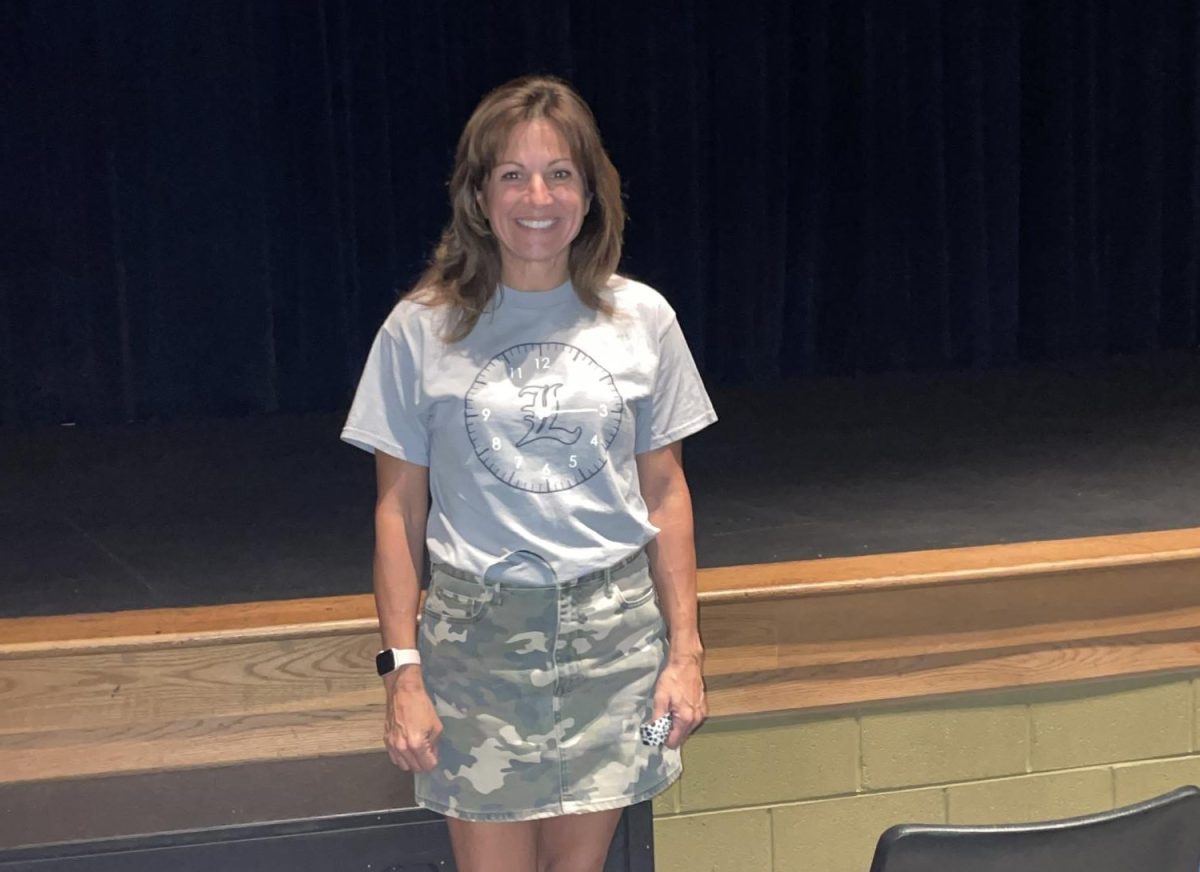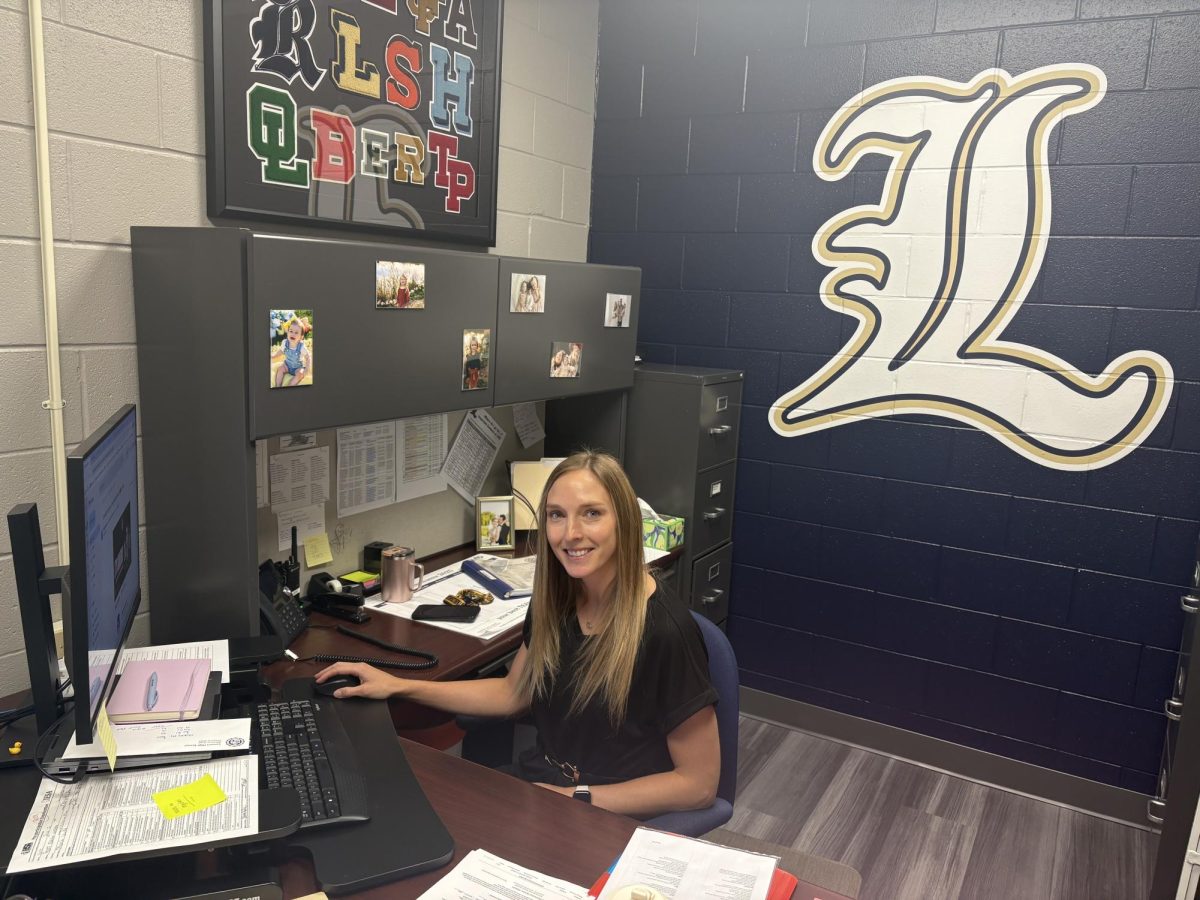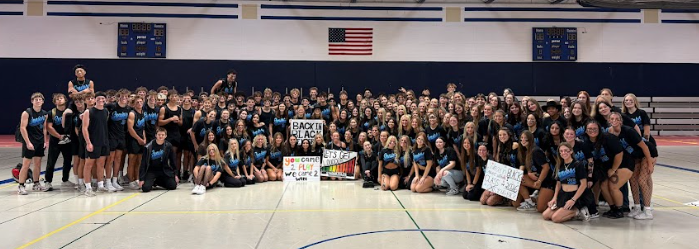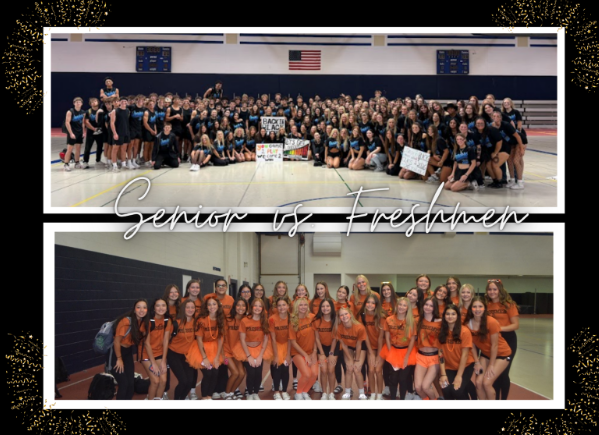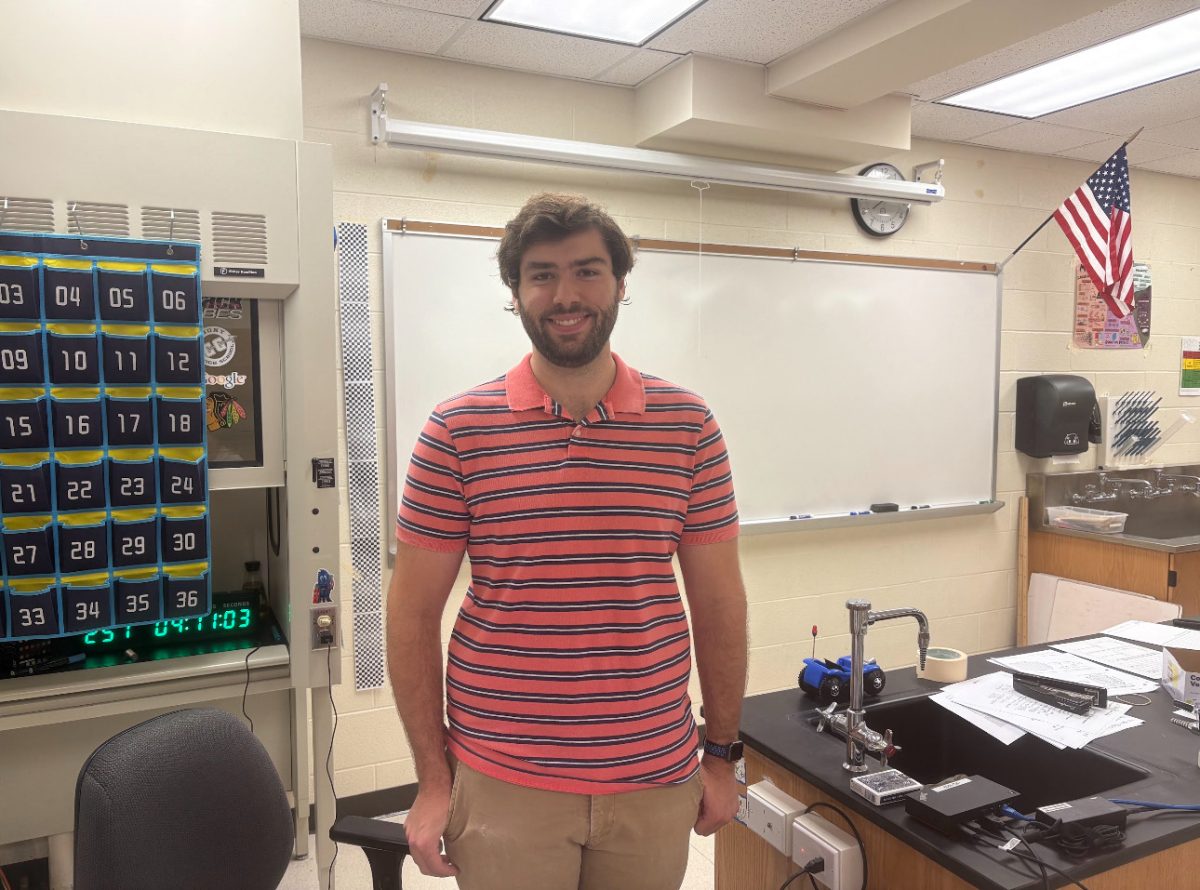We have all heard the whispers in the hallways and the groans in the classrooms, stirring up the students and staff of Lemont High School. A new period has been added to our school days every PLC Wednesday: Lemont Time.
“The idea of having some kind of advisory period started back then [2018],” Denise Dalton said. “We need a time that we can talk to kids about things that aren’t English related or math related; a time where we can do all the things that interrupt this normally scheduled class.”
While the teachers seem to be super excited for the new addition to the curriculum, the students did not seem too thrilled in the beginning. Before the start of Lemont Time, many students were not looking forward to spending an extra 30 minutes in another classroom that would not be a study period.
Although there was a bit of anticipation for social discomfort, junior Sean Svoboda said, “I think it’ll be a lot of team building and in the sense that you’ll get to know the teacher and the other students in your class, and I think it’ll be fun as the year goes on.”
The Lemont Time curriculum is supposed to benefit the students and staff with an easy, non-graded period in the middle of their Wednesday schedule. Similar to student experiences at Old Quarry in advisory, Lemont accomplishes what the middle school used to call SEL (social emotional learning).
By creating Lemont Time, students are given a built-in period “to take a deep breath, [and] put some stuff to the side,” Mr. Gagnon said in the Lemont Time video.
The teachers are doing their best to promote Lemont Time as something advantageous for all and hope to continue building a positive environment for everyone.
“[When doing group work] somebody would kind of, ‘oh let’s do this’ and even when there was one quiet group…they were all trying and it was really good,” Señora Rodriguez Baltrum said.
Lemont Time was created for the students and the staff to connect to each other and as the year goes on, we will see how Lemont Time unfolds into what everyone hopes will be a beneficial experience.
“I definitely think that we’re going to see more differentiation and probably a greater need to do it more frequently, but [I’m] not sure how that’s going to shake out,” Tina Malak, the Director of Curriculum, said.

